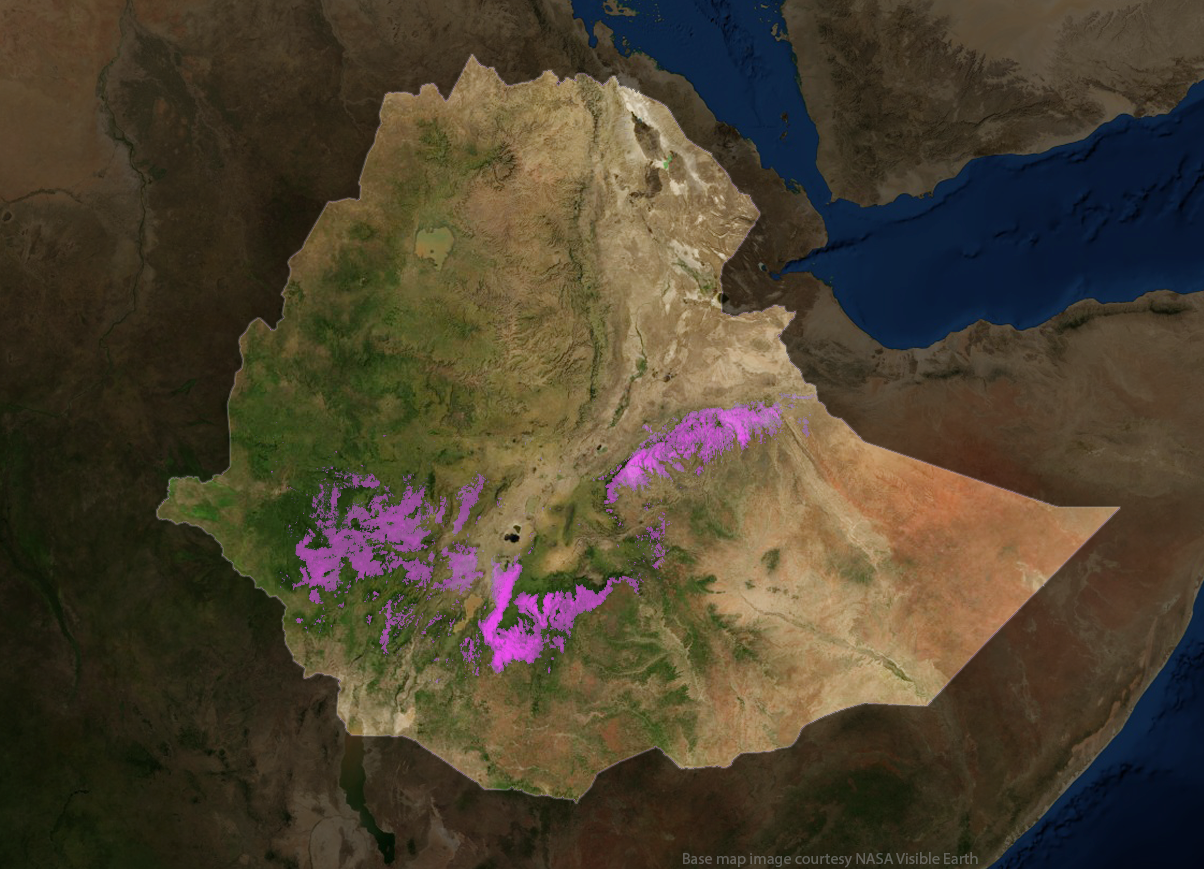The Enveritas EUDR Portal
Ship coffee to the European Union with confidence

BETA RELEASE
Enveritas is Proud to Announce the Launch of the EUDR Portal
The new European Union Deforestation Regulation aims to ensure that products purchased by European consumers do not contribute to deforestation. To accomplish this, the EU has identified seven agricultural commodities, including coffee and cocoa, that cannot be imported or exported from Europe unless accompanied by proof that they were not produced on land deforested after 2020. While the EUDR’s goal is laudable, it presents significant challenges for supply chains in affected industries. In the cases of coffee and cocoa, there is a real risk that the poorest countries and farmers – who will face the greatest hurdles in complying with burdensome documentation and traceability requirements – will be locked out of the market entirely, reducing demand for their products and ultimately driving down the price of crops upon which millions of farmers and their families depend.
Our Approach
Agriculture-related deforestation is a threat to our planet and to the livelihoods of millions of smallholder farmers. At Enveritas, we are working to protect both.
Declaration in Excess Approach
Enveritas has signed agreements with the governments of several countries to identify all coffee-related deforestation after the EUDR cut-off date so that those governments can, in partnership with affected farmers, remove that coffee from its supply chain and remediate the land. This will ensure that all remaining coffee that reaches the export market is deforestation-free per the EUDR’s requirement, and helps to safeguard the livelihoods of millions of coffee farmers in those countries.
GPS Points & Polygons
Enveritas’ system also supports importers to the EU who have GPS and/or polygon location data for their products, who can check those coordinates against Enveritas’ land use data to confirm whether deforestation has occurred at those locations after the EUDR cut-off date.
©2024 Enveritas, Inc. All rights reserved.